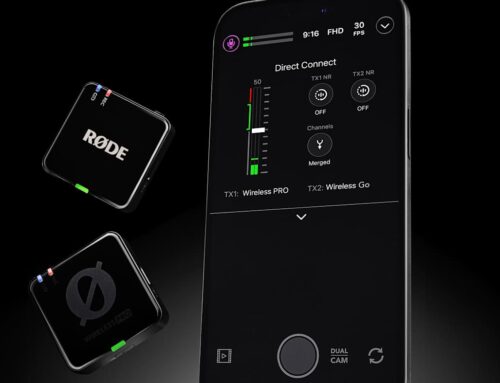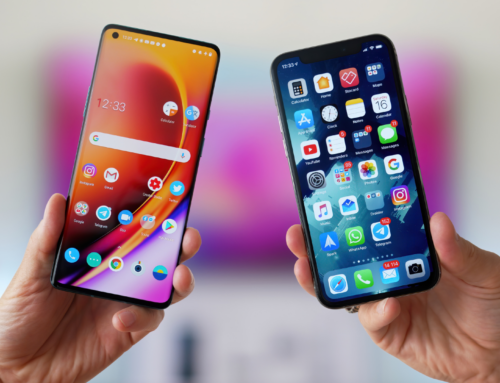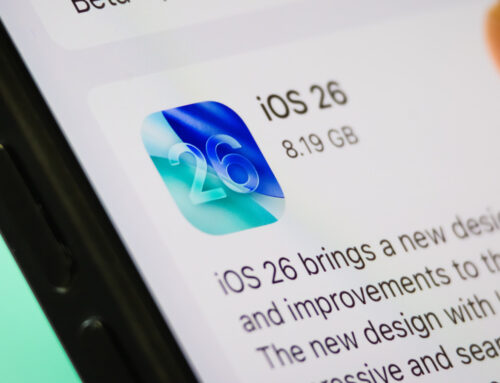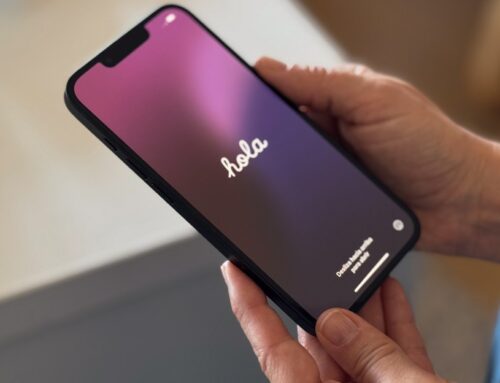
We all know that the internet isn’t a “private” place. When you search for something on Google or download a new app, there’s an understanding that some of your data is likely going somewhere. That said, what’s especially creepy about the state of our privacy online is how invisible tracking can be. You can think you’re doing one thing online, when a whole other website or company is secretly watching your every move (and yes, I recognize the irony here). If you’re on Android, DuckDuckGo wants to help.
What are app trackers, anyway?
App trackers are programs that hide inside various apps. As you use the app, these trackers monitor and record everything you do, and we mean everything; They look at what you’re doing on your phone, where you are, and your past activity. Even worse, app trackers can often follow your activity even after you’ve left the app they’re hiding in, which makes them both creepy and invasive.
Why track you at all? Well, it all comes back to advertising and profits. Companies like Facebook and Google want to create as accurate a profile of you as possible, in order to show you more relevant ads and to have more information to sell to other entities. It’s nothing new, but the methods these companies use to go about their tracking can be simply shady.
You might know that Apple introduced a solution to this problem starting with iOS 14.5; the feature, App Tracking Transparency, requires apps to ask your permission before tracking you “across other companies apps and websites.” You can simply disable the ability for these apps the request at all, effectively cutting off their ability to deploy app trackers throughout your iPhone.
Android, sadly, doesn’t have this feature, but that doesn’t mean you need to suffer from app trackers. Instead, you might want to give DuckDuckGo a try; the company recently announced a new App Tracking Protection feature for its Android app in an effort to combat the scummy tracking practices companies are pushing on Android.
How ‘App Tracking Protection’ works on DuckDuckGo for Android
It’s okay if you prefer to use Chrome, Firefox, or another browser instead of DuckDuckGo. The app doesn’t require you to actually use it in order to get App Tracking Protection benefits. Once the app is set up, you can go about your mobile business as usual. When DuckDuckGo sees that one of your apps is about to send your data to a third-party tracking company, it stops that request in its tracks. While it can’t prevent trackers from attempting to request this data in the first place, it can block the request before any data is shared.
Unfortunately, the feature is still in private beta, so you can’t enroll yourself right away. Instead, your best bet is to request to join the waitlist; DuckDuckGo says it’s approving new users every week; if you sign up today, your shot at getting in sooner than later goes way up.
To sign up, download the DuckDuckGo Android app from the Play Store. If you already have the app, make sure it’s fully updated. In the app, head to Settings, then, in the Privacy section, go to App Tracking Protection. Now, tap “Join the Private Waitlist,” and keep an eye out for your approval.






